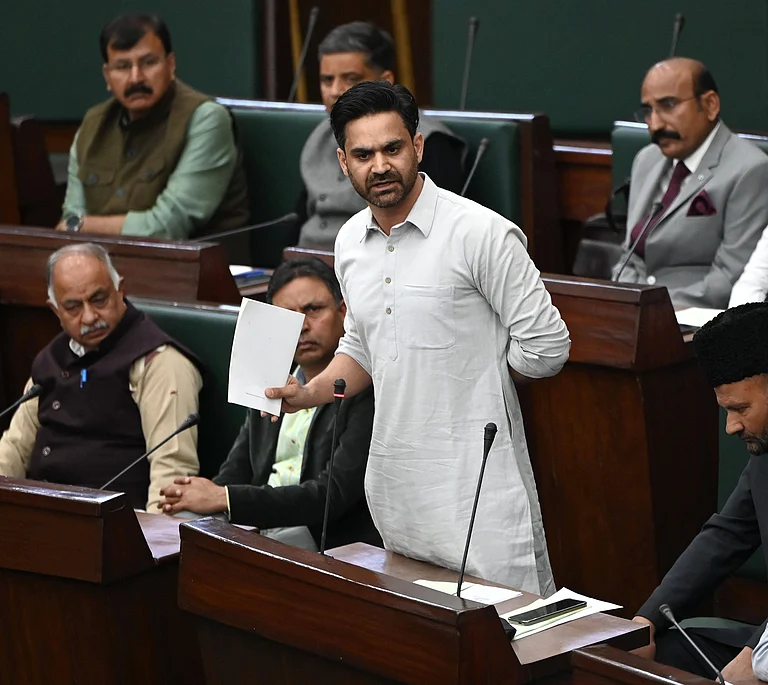Apart from these, other major subsidiaries include the Army's Fauji Foundation which owns 15 big companies, the Army Welfare Trust (25 companies), theNavy's Bahria Foundation (19 companies) and the Air Force's Shaheen Foundation (11 companies). These entities range from cement, banking, harbour services, dredging, construction, travel, airlines, clearing and forwarding, stud farms, security services, universities to shops and bakeries. So mind-boggling is the range that one might like to encourage the Pakistani armed forces to go entirely commercial, ditch their uniforms and give peace with India a chance.
But there lies the rub. As Ayesha says, it is the success of these companies in a competition-free environment that drives thearmy's goal of making big bucks while pretending to keep a rampaging India at bay. Pakistan is not unique in faujis creating business empires. Two other countries have shown the way, with dissimilar results. Turkey has huge interests but no monopoly. The Turkish generals actually intervene only in an emergency, ensure a secular government and put a ceiling on their business ambitions. Pakistan does none of these, although Musharraf has been heard to say that Ataturk is his role model. The Indonesian army took over all businesses, and the country, but were more interested in commissions. But the Indonesian lesson cannot be ignored. Thearmy's rule led to these gentle Southeast Asians turning to a harsher Wahabi kind of Islam for reasons that are too complicated to examine here.
On the face of it, the Pakistani army starting a trucking company makes sense. In a war with India, the NLC can move corps at lightning speed. So what is the problem? This is whereAyesha's core argument lies. As an institution, the 'military in business' or Milbus tends to be clandestine and under or grossly over-valued, depending on what scam is currently being planned by its directors. By creating financial dependence on the generals and not on the state, it suborns the loyalty of the troops. The businesses are not accountable to any independent audits, since even parliamentary queries are ignored with impunity.
In many ways, the Milbus methodology goes back to the East India Company days when the name of the game was converting public money into private wealth. Every time an Indian municipal corporation clerk says pay me Rs 2,000 and I will reduce your house tax from Rs 8,000 to 1,500, he is converting public money into personal funds. So too is the Pak army, says Ayesha. They allocate cantonment lands to their housing estates at throwaway prices, give licences only to faujis to import capital equipment, give fauji companies an edge in tendering, start fauji banks that give loans to fauji companies that are bound to win and allocate greenfield ventures to ex-fauji cousins.Musharraf thinks that Milbus is a greatinstitution--'Why is anyone jealous if the retired military officials...are doing a good job contributing to theeconomy...?' The answer, says Ayesha, is that this business behemoth perpetuates the military control of the state, and weakens every civilian institution, and glorifies the role of the Milbus since they are'defending' Pakistan. Their success only skews the distribution of wealth to just those areas where retired officers live, which happen to be a few districts in Punjab.
Ayesha has stuck her neck out in writing this book, whose launch was banned in Pakistan, but she belongs to that band of extraordinarily courageous Pakistani writers who needeveryone's support.






















